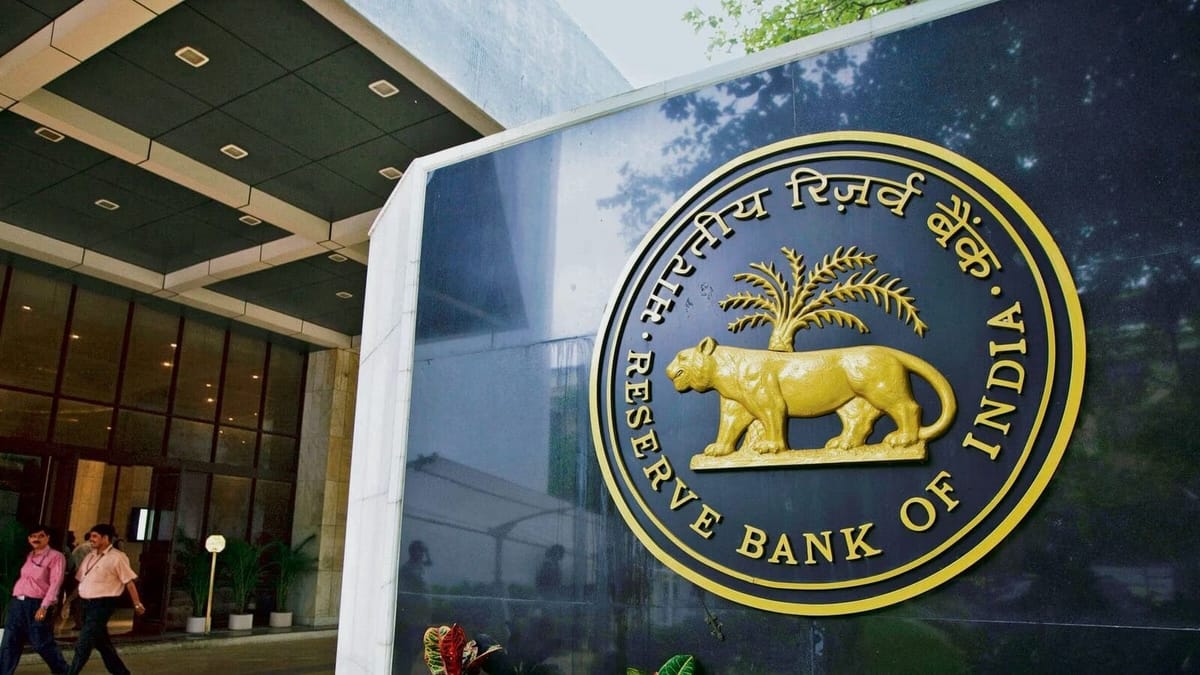
In August the government passed the Banking Laws (Amendment) Bill, 2024. The bill aims to improve governance standards, provide consistency in reporting to the Reserve Bank of India (RBI), ensure protection of depositors and investors, improve audit quality and improve customer protection regarding nominations.
The bill amends, the Banking Regulation Act, 1949, the State Bank of India Act, 1955, the Banking Companies (Acquisition and Transfer of Undertakings) Act, 1970, the Banking Companies (Acquisition and Transfer of Undertakings) Act, 1980 and the Colonial law, Reserve Bank of India (RBI) Act, 1934.
One of the primary changes proposed in the bill is to address the increase in the number of nominees for a bank account (a nominee is an individual designated to receive the funds in upon the account-holder's demise). There has been an increase in nominees per bank account to four, which previously stood at one. This step is envisaged to provide greater flexibility and security for the depositors.
The bill redefines the concept of substantial interest for bank directorships, which refers to holding shares of over five lakh rupees or 10% of the paid-up capital of the company, whichever is less. It will be raised from the existing ₹5 lakh to ₹2 crore ($5,970 to $238,810) to reflect the economic changes over the past few decades taking into account inflation. The bill also ensures that only the investors with a significant financial stake in the bank can influence the policies.
Another significant change is providing bank autonomy in deciding fees for the statutory auditors. The move is said to increase the quality and reliability of the banks’ auditing process.
To reduce the administrative burden on Banks, the reporting dates for regulatory compliance have been shifted from every second and fourth Friday of every month to the fifteenth and the last day of the month.
The tenure of the Directors of Cooperative Banks has also been increased from eight to ten years. Cooperative banks play a crucial role in the development of rural and semi-urban areas, hence longer leadership is said to provide stability for these banks.
Some of the amended laws were significant for the nationalisation of banks that took place in two phases. There was speculation that the bill would amend these laws to enable the privatisation of banks. However, the government did not propose any significant changes that would pave the way for privatisation.

